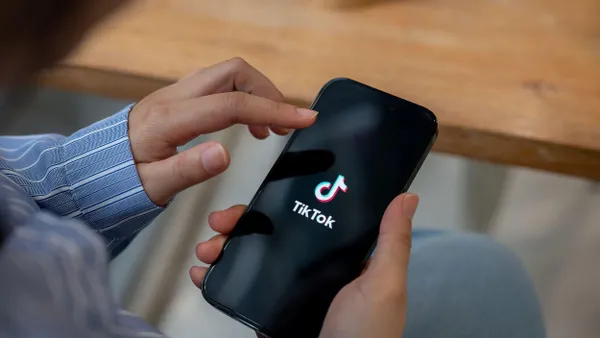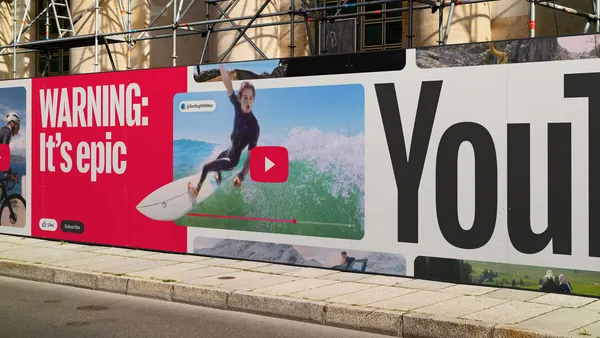Brief:
- Major League Baseball fans have different brand and purchasing preferences depending on city, according to location data from Gravy Analytics shared with Mobile Marketer. The company used location data from mobile phones to study national baseball stadiums, the brands that sponsor them and their visitors during April 2018 to determine how well each sponsor chose their audience.
- Gravy found that visitors of Boston's Fenway Park are more likely to be frequent air travelers than visitors to any of the other stadiums studied, putting key sponsor JetBlue in front of many potential customers.
- Gravy also found that visitors to PNC Park in Pittsburgh are much more likely to visit PNC Bank than visitors to any other stadium. Similarly, visitors to New York Mets' Citi Field are far more likely to have recently visited a Citibank location, signaling that both brands' sponsorships are a good fit.
Insight:
Gravy's analysis shows how brands can harness location data to target mobile marketing messages to specific audience groups with the goal of boosting ad effectiveness — that is if the sponsor understands the preferences of the target audience. Brand preferences of MLB fans suggest several opportunities to reinforce consumer loyalty, such as JetBlue's sponsorship of Fenway Park in Boston, where fans are more likely to be air travelers. This study points to the importance of marketing research in order to achieve the highest possible ROI.
Samuel Adams in 2016 replaced former sponsor Budweiser as the official beer of the Boston Red Sox through 2025, which could help Boston Beer Co., the brewer of Samuel Adams, reach more beer drinkers. As with spirits drinkers, beer drinkers are more likely to attend games at Coors Field, Wrigley Field and Fenway Park. Still, spirits brand Ketel One sponsored Dodger Stadium, while Jim Beam sponsors several different stadiums such as Yankee Stadium, New York's Citi Field and PNC Park in Pittsburgh, perhaps showing a misalignment between sponsorships and customer preferences.
This data reinforces the results of a recent study by data firm Factual that found that location data helps boost to campaign effectiveness. Marketers surveyed said location data helped grow their customer base, boost response rates and increase customer engagement. The data also gave marketers deeper knowledge of their customers' needs and interests, allowing for higher ROI for their marketing and ad campaigns and fewer wasted ad dollars. Using location data to personalize the customer experience is already widely adopted, with 82% of companies surveyed doing so and 85% planning to do so in the next 12 months, Factual said.












